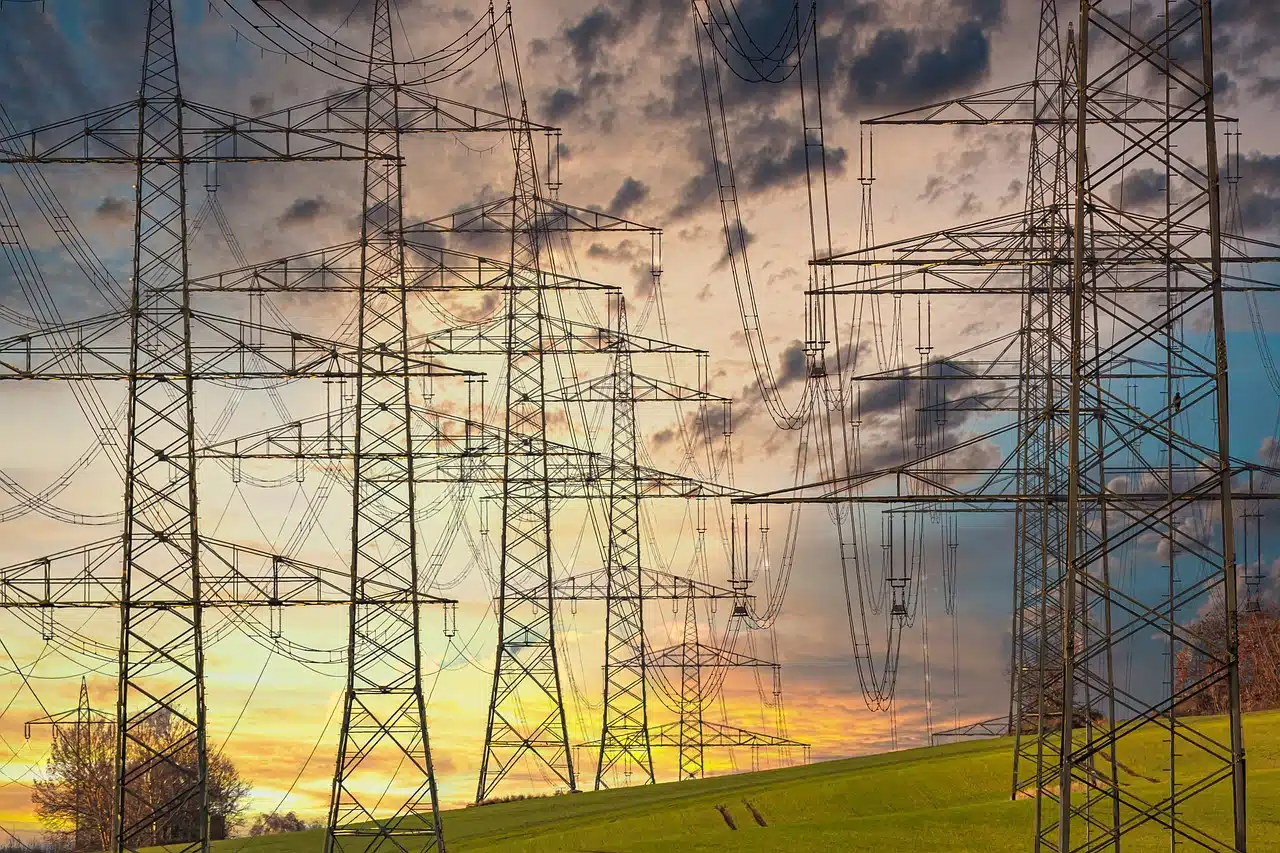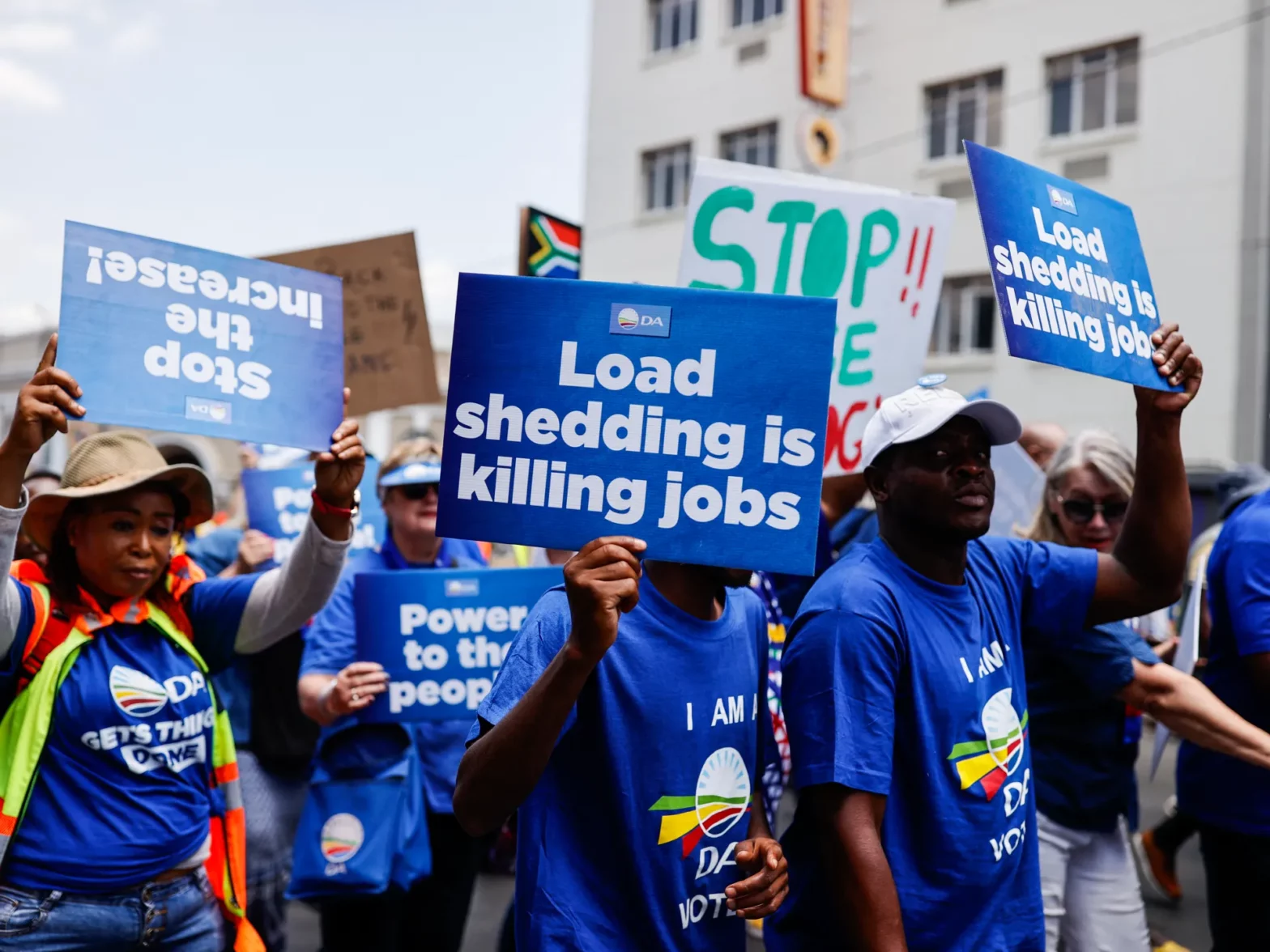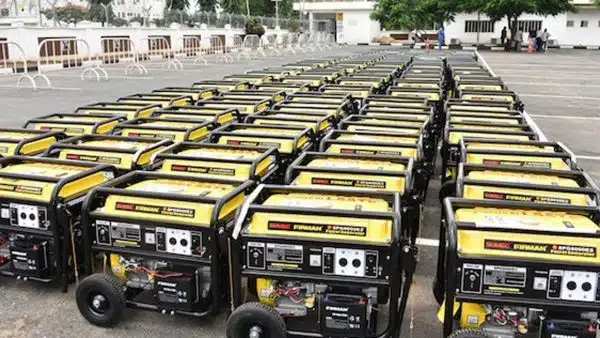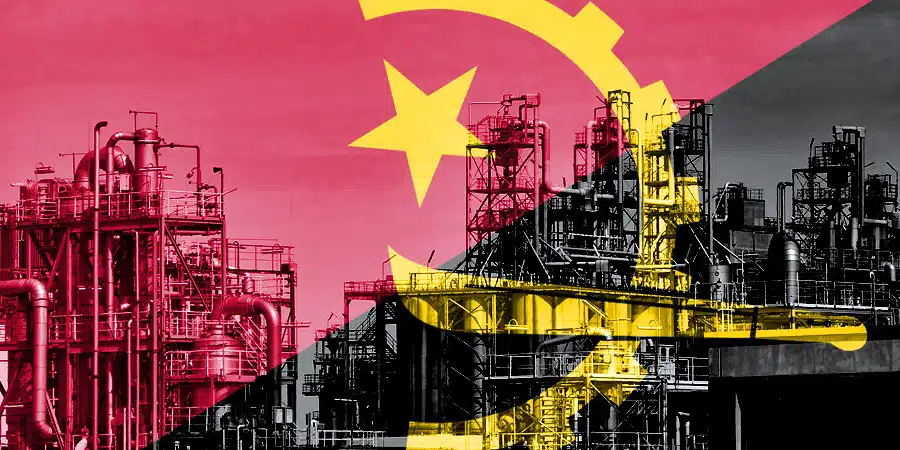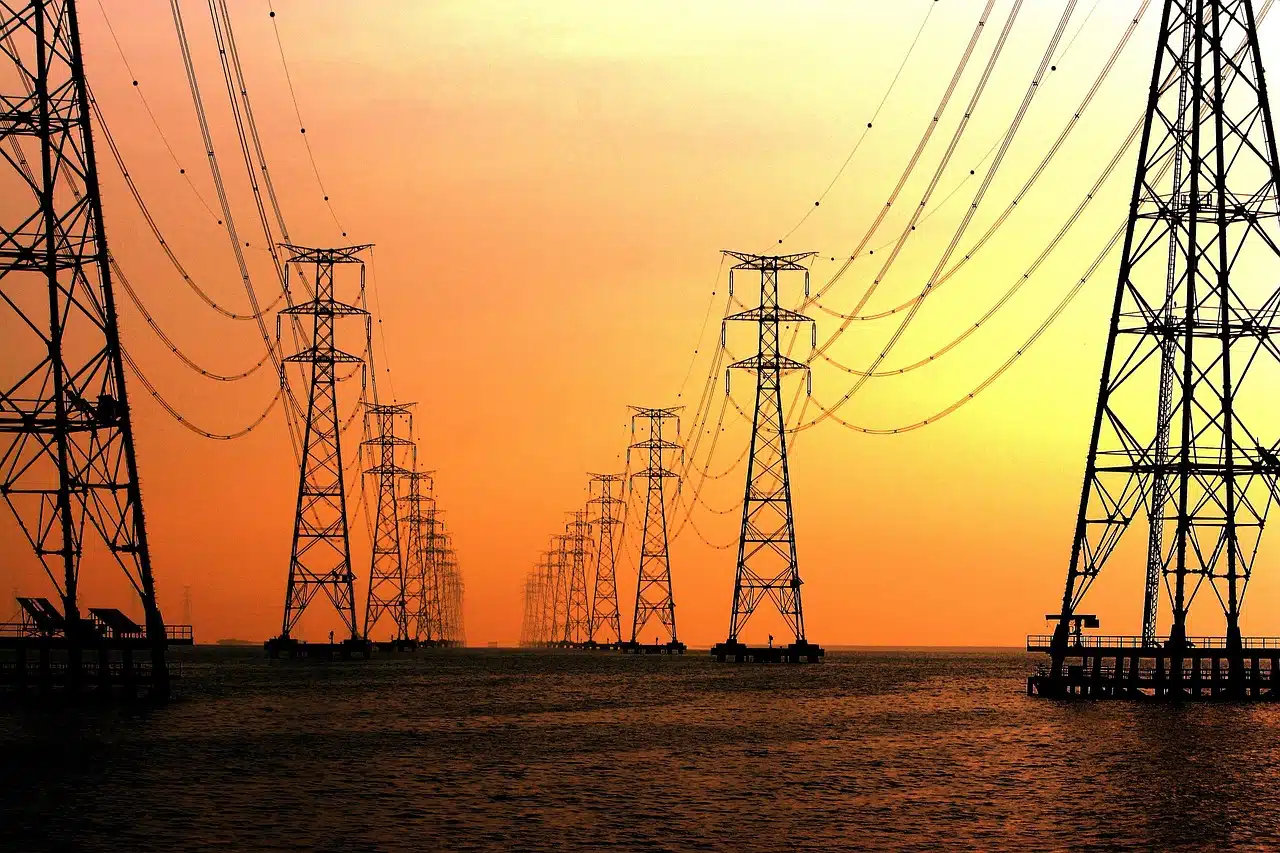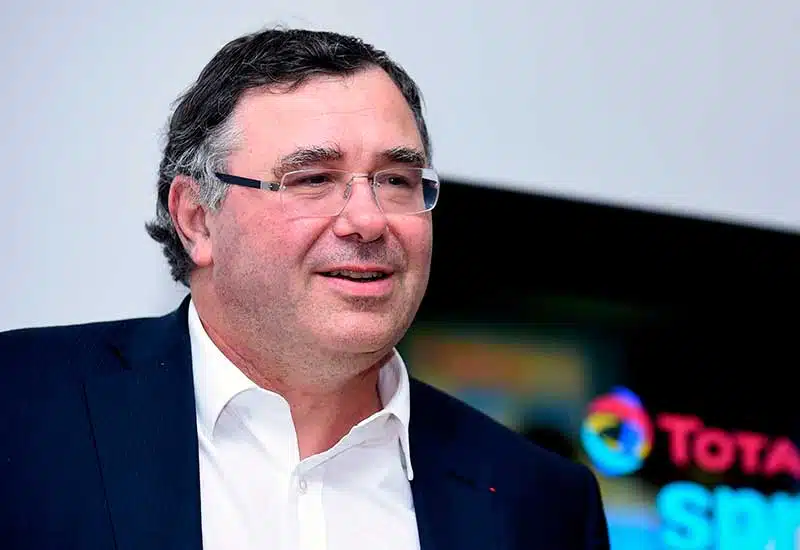Nigeria’s major challenge is constant power failure, with over 90 million people still without electricity.
The concerns over the country’s electricity problems led to significant steps being made by Nigerian business tycoons to curb these challenges.
The CEO of Pacific Holdings Limited, Adedeji Adeleke, has completed a 1,250-megawatt (MW) gas-fired power plant located in Ajebamidele, Ondo State.
Adeleke announced the completion on Sunday while speaking at the 11th undergraduate and 7th postgraduate convocation ceremonies of Adeleke University in Ede, Osun State.
The facility, built under his company Pacific Energy, poised to be the largest privately-owned thermal power plant in the country, awaits connection to the national gas grid to commence operations.
In this article, we delve into the key details of the project, its capacity, cost, construction timeline, contribution to Nigeria’s electricity grid, and the key contractors involved.
The power plant generation capacity
The Ajebamidele power plant boasts of an installed capacity of 1,250 MW, positioning it as one of Nigeria’s largest independent power projects.
Once operational, it will significantly enhance the nation’s electricity supply.
When connected to the national grid, the plant will augment Nigeria’s generation capacity, helping to bridge the gap between demand and supply.
This addition is particularly significant in a country where frequent blackouts and unreliable power distribution hinder economic growth.
Furthermore, the plant’s capacity surpasses that of Pacific Energy’s existing facilities, which contribute 15% of Nigeria’s current electricity needs.
Projects such as the Omotosho Power Plant (336.8 MW) and Olorunsogo Power Plant (304 MW), collectively contribute 640.8 MW to the grid.
What’s the cost of the project?
The power plant is worth a whopping $2 billion, showing Adeleke’s financial commitment to Nigeria’s energy infrastructure.
The project included a financing agreement with Afreximbank alongside other potential investors.
Adeleke, speaking at a conference in October 2024, shared that securing funds was a major hurdle. He noted that a substantial portion of resources had been consumed during the preliminary design phases, well before the project broke ground
In addition, this investment positions Pacific Energy as a formidable player in Nigeria’s power sector, rivaling publicly traded companies like Geregu Power Plc (435 MW) and Transcorp Power Plc (972 MW).
The construction timeline and challenges
The Ajebamidele gas-fired power plant’s construction began sometime before July 2023, with Adeleke announcing its near-completion in October 2024 and full completion by July 2025.
The project faced significant setbacks, including a one-year delay caused by the theft of turbine components worth $5 million in 2023.
In addition, bureaucratic hurdles posed challenges. The billionaire earlier disclosed that the project was denied an environmental permit.
Who are the contractors behind the power plant?
The project’s construction involved key partnerships with international and local firms.
The General Electric (GE) supplied the turbines, and the Chinese engineering companies, backed by the Afrexim Bank of China, played a significant role in the plant’s design and construction.
These partnerships were instrumental in overcoming logistical and regulatory challenges.
Adeleke credited his connections for securing GE’s involvement, stating,
“If I didn’t have the right connections, we wouldn’t have been able to get GE to supply the turbines. That alone would have shut everything down,” he said in in October.
What it mean for Nigeria’s electricity capacity
Nigeria’s electricity sector has long grappled with chronic shortages, despite its ambitious plan to provide electricity to 25 million Nigerians.
The country’s installed generation capacity is over 13,000 MW, but actual output is often below 5,500 MW due to infrastructural and operational inefficiencies.
Adeleke’s 1,250-MW power plant is expected to increase the nation’s electricity generation capacity by over 25%. It represents a bold private-sector intervention to address this gap.
In addition, the project is expected to create over 2,000 jobs, including roles for engineers and technical workers, while boosting local economies.
“This plant will provide jobs for over 2,000 skilled professionals. We didn’t wait for government; we built it to solve a real problem,” he said.
Adeleke’s initiative comes at a critical time when Nigeria’s electricity demand is estimated at 30,000 MW, yet daily generation struggles to exceed 4,000 MW.



